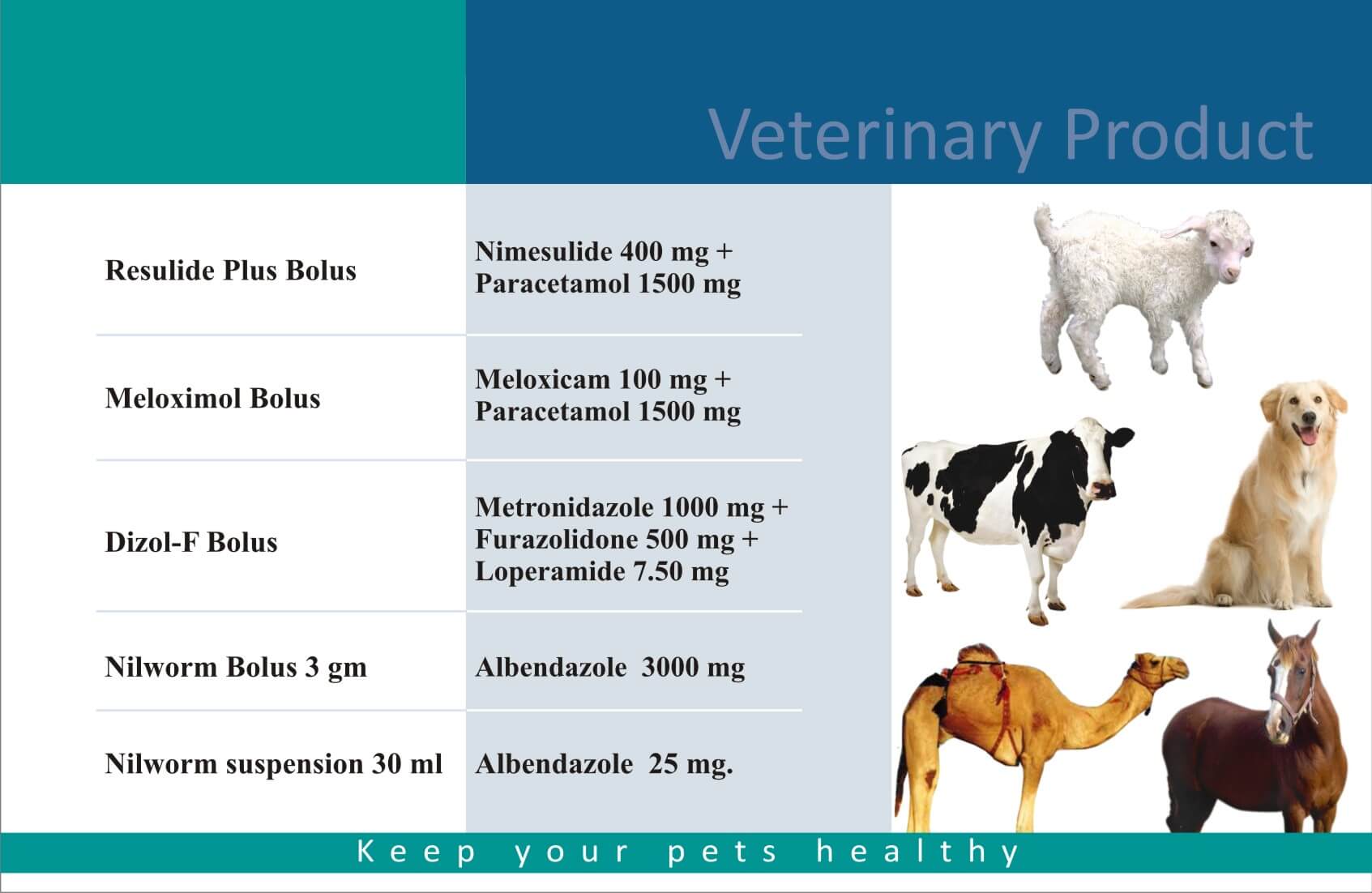Veterinary Testing: A Cornerstone of Pet Health Care
Veterinary Testing: A Cornerstone of Pet Health Care
Blog Article
Protecting the well-being of your furry companions, regular veterinary testing is essential. Veterinary laboratories assist in diagnosing illnesses for domestic animals like dogs and cats.
Through this guide, we’ll discuss the value of lab diagnostics and show how they benefit your pet’s health.
Understanding Veterinary Labs for Pets
Animal diagnostic labs conduct a range of tests to provide valuable data. They rely on specialized equipment to offer precise information.

Primary functions of veterinary labs include:
- Detecting hidden diseases: Prevents conditions from escalating.
- Monitoring ongoing conditions: Supports long-term health strategies.
- Evaluating care plans: Optimizes pet care.
Common Veterinary Tests for Dogs and Cats
Animal health labs provide multiple testing services to ensure pets are thriving. Common diagnostics include:
- Blood workups: Check for infections.
- Urine diagnostics: Identify kidney problems.
- Intestinal health exams: Identify worms or parasites.
- Allergen identification: Diagnose environmental or food allergies.
- Radiographic testing: Identify hidden abnormalities.
The Benefits of Regular Veterinary Testing
Routine lab work provides peace of mind. By catching conditions before they escalate, they stay happy and healthy.

The value of regular diagnostics include:
- Maximized years with your pet: Keeping them thriving helps pets maintain their vitality.
- Financial benefits of early detection: Managing minor issues promptly saves on emergency care.
- Trust in their health management: You’ll know they’re cared for.
laboratorio de analises clinicas para animais
clínica e laboratório veterinário da villalaboratório veterinario sp
Conclusion: The Value of Veterinary Labs for Pet Health
Pet diagnostic labs are an invaluable resource in ensuring your dog or cat’s well-being. Through consistent diagnostics, you ensure they receive the care they need.
Start today to keep your pets thriving!
Report this page